Pat Boonnitipat’s feature debut, How To Make Millions Before Grandma Dies, has taken Malaysia’s cinemas by storm. Audiences are leaving the cinemas in tears and rushing home to visit their grandparents. But what is it about this movie that seems to have moved people so deeply?
The tender, “slice of life” movie follows M, an entitled, self-involved, and unemployed young man who decides to take care of his terminally ill Amah in the hope of securing her inheritance. It’s not an easy process; for one, Amah proves difficult to please, and furthermore, M harbors doubts about his place in Amah’s affections. Their relationship, however, gradually transcends mere superficial gain and evolves into a real connection.
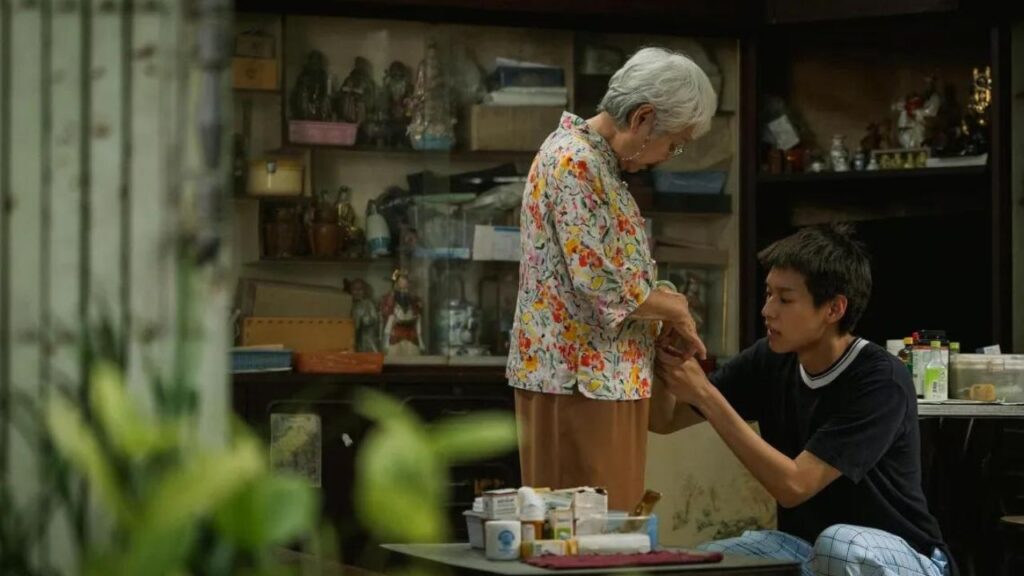
I’ll be honest, the title initially had me thinking it was some kind of heist movie. If not for the poster and the emotional reactions, I would have entered the cinema with completely different expectations. Interestingly, the original Thai title just translates to “Grandma’s Grandchild.”
After some thought, I think the English title actually enhances the film’s emotional depth by confronting Amah’s eventual passing head-on, because it imbues every small moment with profound significance and impact. Knowing that everything in the movie encapsulates Amah’s final moments adds weight to what are otherwise everyday affairs. You could be watching the last time Amah sells her congee, the last time she walks down the stairs unassisted, or the last time she waters her plants.
This, too, explains why the film resonates with so many, because it captures a fundamental truth: the most meaningful memories with one’s grandparents don’t usually stem from dramatic grand gestures, but rather from the repetitive, everyday interactions. Unlike movies that build towards an emotional climax, this one will bring you to tears at moments that deeply connect with your personal experiences. Whether it’s playing poker, cooking together, going to the temple, or taking long leisurely walks, these mundane activities evoke the most nostalgic and powerful memories. Boonnitipat captures these moments beautifully by way of a script that is unadorned and tinged with occasional humor that feels natural and complementary. This is further enhanced by his intimate use of slow-paced long takes. Cinematographer Boonyanuch Kraithong makes it a point to highlight all the details that remind one of home: the messy and clutter of a neglected house, the rundown congee stand on the roadside, even the central praying shrine in the living room.

Amah, portrayed by standout Usha Seamkhum, emerges as a wonderfully written onscreen grandmother that often hits too close to home. She embodies resilience and stubbornness, but she’s understanding, and she cares. There exists a disparity between Amah and her descendants: while they seem to not know her at all, she can remember things about them that they can’t even recall themselves. She expresses her love through careful actions, yet everyone else around treats her in such a careless manner. Her eldest son, Kiang, offers to take care of her but doesn’t even know what she needs; her youngest, Soei, installs a safety rail for her bathroom only for it to be loose. As I empathize with her situation, it also prompts a personal reflection: “Have I also been as ignorant as this?”
Another noteworthy aspect of How to Make Millions Before Grandma Dies is its bold exploration of generational trauma that stems from the entrenched traditional gender roles in Asian households – themes that might be painfully familiar to many viewers. It’s also why I would have loved to see more of the dynamic between Amah and Chew, her middle daughter, especially as they are firsthand victims of these cultural norms. In one scene, Chew tells her mother, “Sons get assets, daughters get cancer.” The film’s decision to diverge from the expected trope of Chew inheriting Amah’s property and instead allowing her to be recognized as her mother’s comfort person, not only avoids a tired cliché, but amplifies its intended message.
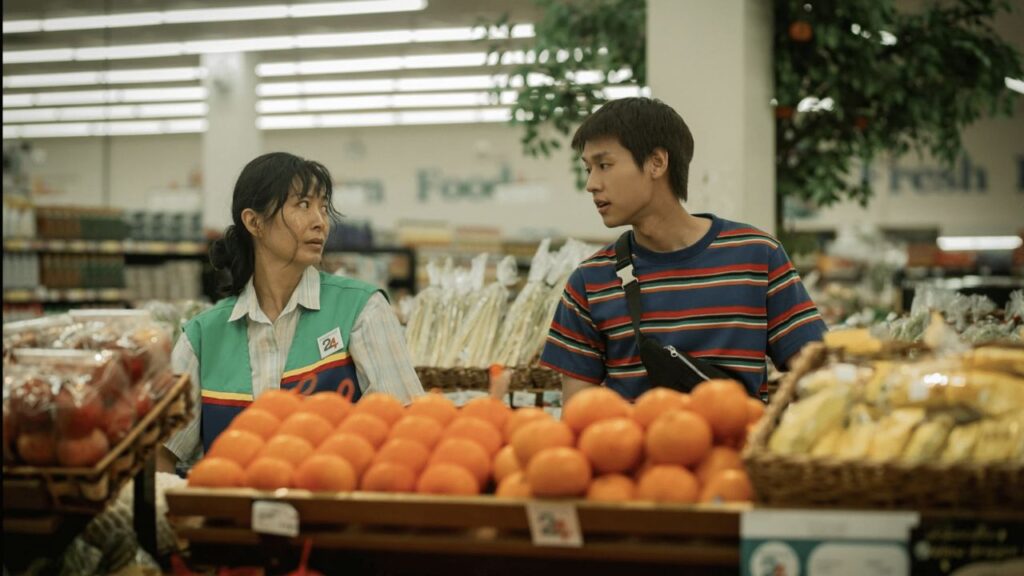
As someone who grew up in a household much like the one portrayed in the film, where my grandmother now spends her time bedridden in front of the TV (much like Amah in her last days), it struck a chord with me instantly. But don’t fret if you didn’t cry during the movie. It’s entirely understandable if you didn’t have the anticipated emotional reaction given the surrounding hype. While the film is steeped in Asian culture, it may resonate more strongly with those from similar cultural backgrounds. Don’t get me wrong, it remains a very well-made film, but not crying does not make you a bad grandchild.
Even though sentimental family dramas aren’t new, How To Make Millions Before Grandma Dies stands out from the usual tearjerkers in how it subtly, but compassionately, nods at our grief and experiences of loss within our families. It’s essentially a two-hour long ode to the simple, yet profound, memories we share with our loved ones, to all the moments we’ve missed out on, and will likely continue to miss.

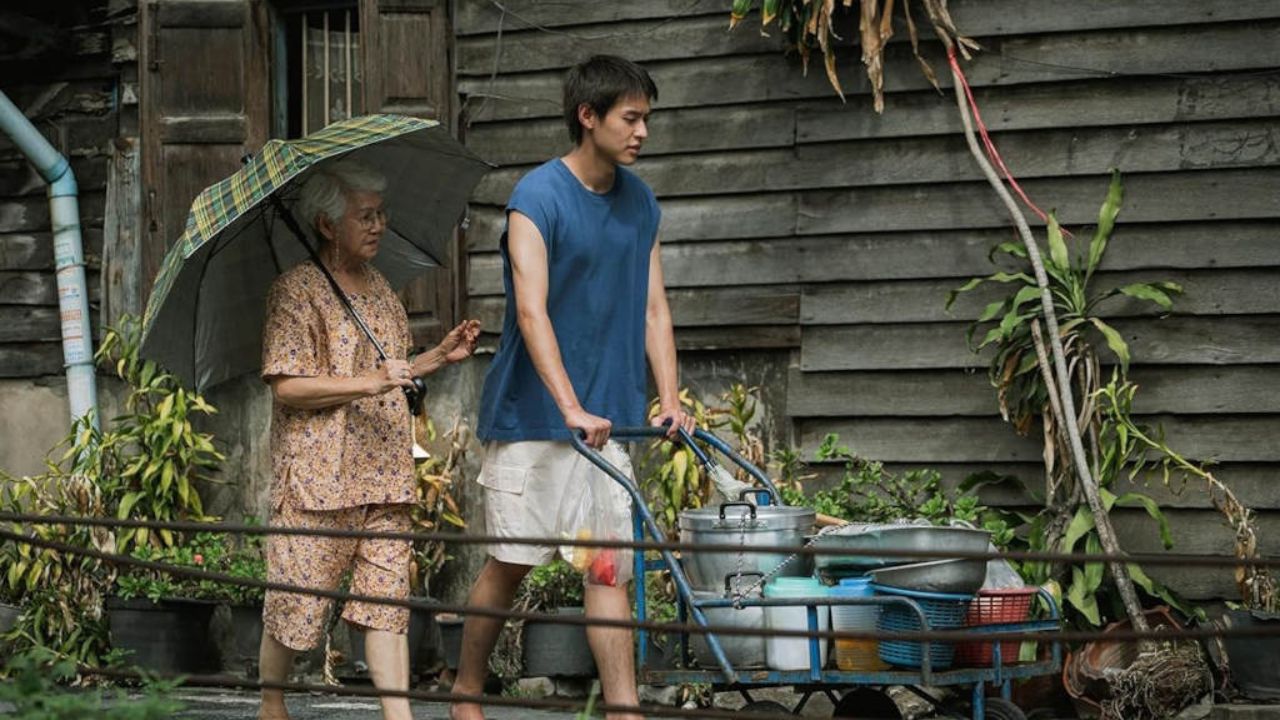
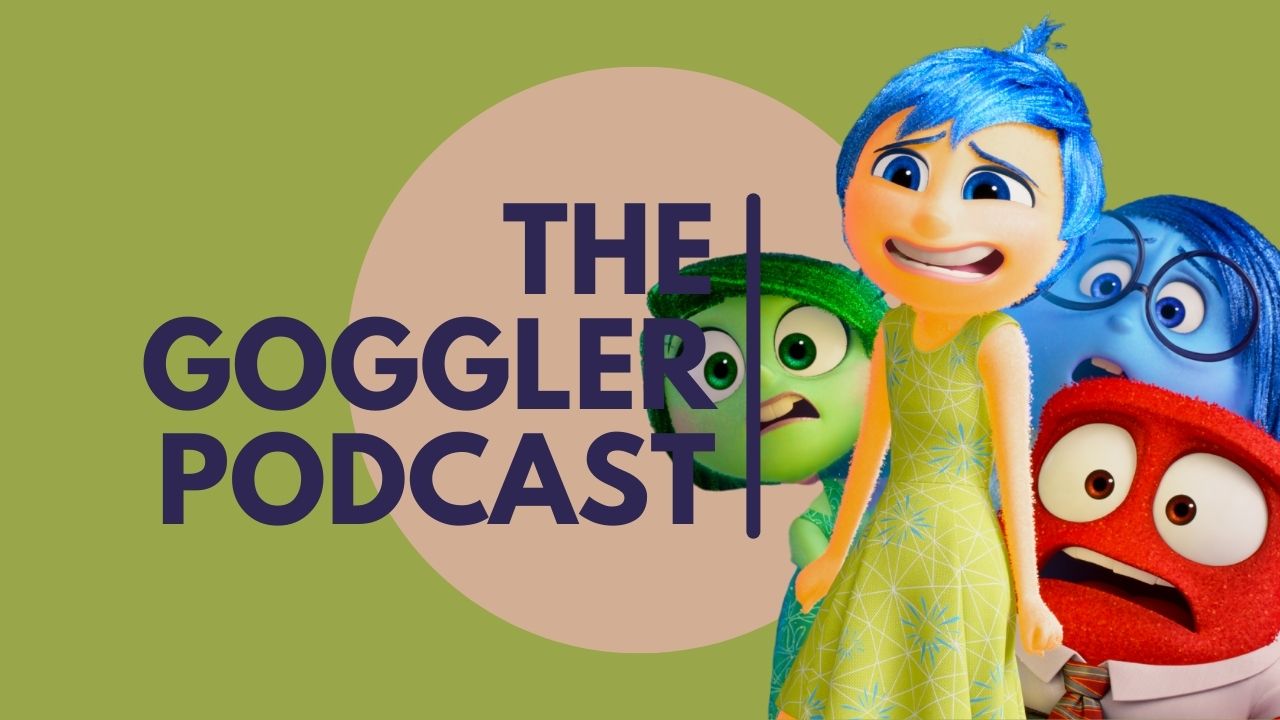
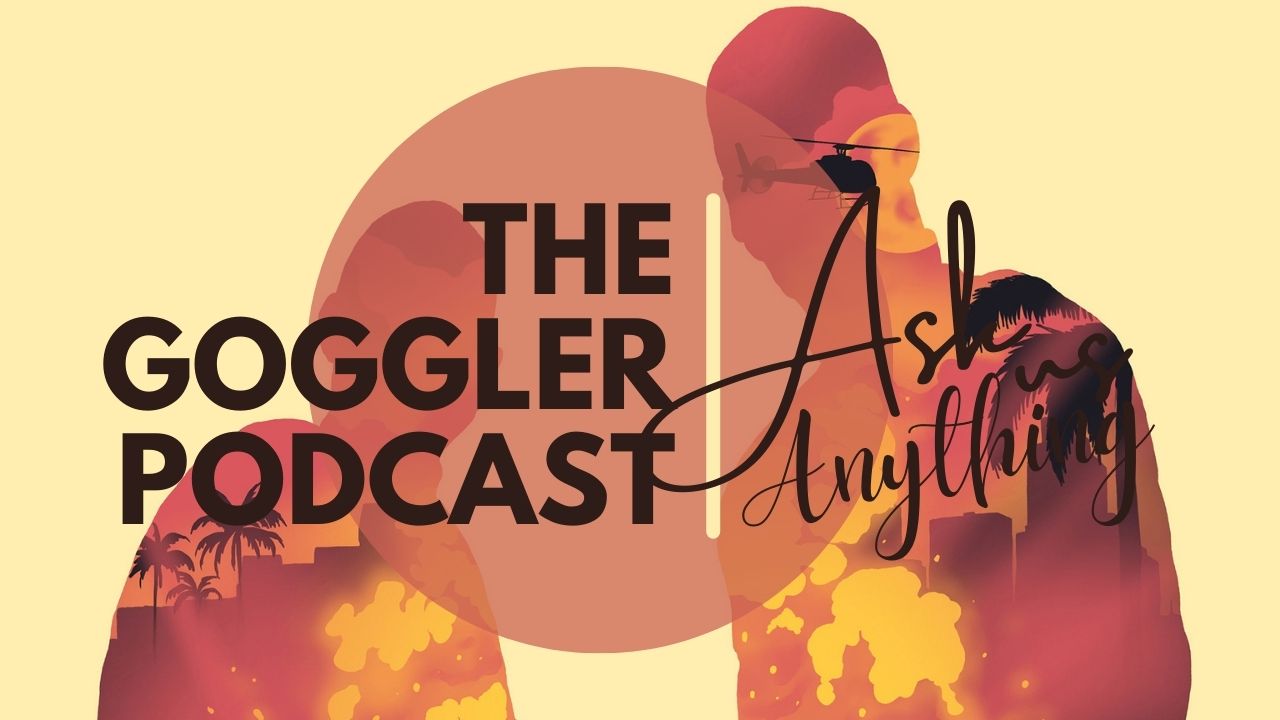





Follow Us